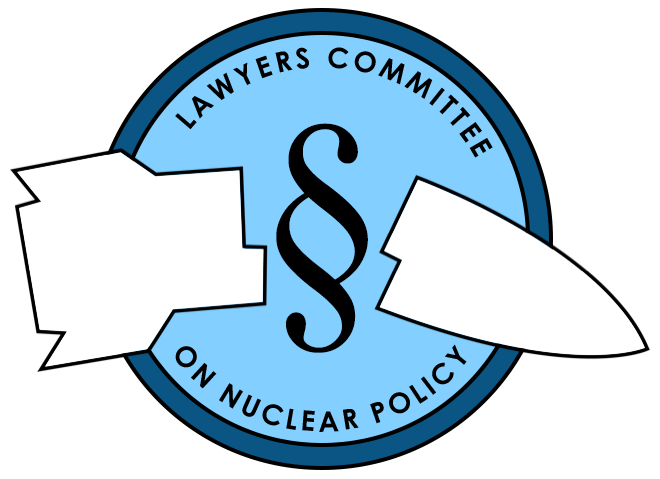Russian Federation: Threats to Use Nuclear Weapons Violate the Right to Life and IHL
Lawyers Committee on Nuclear Policy, jointly with Western States Legal Foundation and IALANA Germany, made a submission in April 2023 to the United Nations Human Rights Council addressing the Russian Federation’s nuclear weapons policy and practice in advance of its upcoming Universal Periodic Review.
___
A. Introduction
1. This submission primarily addresses new developments involving the Russian Federation since the last Universal Periodic Review (UPR) cycle, namely its illegal invasion of Ukraine and accompanying threats of use of nuclear weapons. This submission focuses on the Russian Federation’s (1) specific violations of the right to life, as codified in the International Covenant on Civil and Political Rights (ICCPR), through recent threats of nuclear use issued from Russian high-level leaders including its head of state; and (2) applicable violations of international humanitarian law through these same threats of nuclear use as well as actual uses of conventional military force by the Russian Federation in the war in Ukraine. Other relevant legal instruments considered include the UN Charter and the Rome Statute.
B. The Right to Life and Threat or Use of Nuclear Weapons
2. In paragraph 66 of General Comment No. 36 on the right to life set out in Article 6 of the ICCPR, the United Nations Human Rights Committee found:
The threat or use of weapons of mass destruction, in particular nuclear weapons, which are indiscriminate in effect and are of a nature to cause destruction of human life on a catastrophic scale, is incompatible with respect for the right to life and may amount to a crime under international law. States parties must take all necessary measures to stop the proliferation of weapons of mass destruction, including measures to prevent their acquisition by non-state actors, to refrain from developing, producing, testing, acquiring, stockpiling, selling, transferring and using them, to destroy existing stockpiles, and to take adequate measures of protection against accidental use, all in accordance with their international obligations. [264] They must also respect their international obligations to pursue in good faith negotiations in order to achieve the aim of nuclear disarmament under strict and effective international control, [265] and to afford adequate reparation to victims whose right to life has been or is being adversely affected by the testing or use of weapons of mass destruction, in accordance with principles of international responsibility. [266]
3. Under the ICCPR, Article 4(2), the right to life is non-derogable, to be observed in all circumstances, even in the event of a “public emergency which threatens the life of the nation.”
4. The Russian Federation is a state party to the ICCPR and as a result is obligated to implement its provisions in good faith according to Article 26 of the 1969 Vienna Convention on the Law of Treaties (pacta sunt servanda). Even if the General Comment is not legally binding as such, it is considered the Committee’s authentic interpretation of Article 6 and the relevant practice thereto.
5. In the last Universal Periodic Review (UPR) cycle, one recommendation issued to the Russian Federation, under Theme A22 Cooperation with treaty bodies, called on Russia to "continue to cooperate constructively with all treaty bodies and United Nations mechanisms by participating actively in the work of the Human Rights Council at the United Nations." The Russian Federation has not yet implemented this recommendation with respect to the right to life under the ICCPR, as set out below.
Read the full submission here.
